Description
MENA Rail & Metro Projects 2025
MENA Rail & Metro Projects Report 2025 presents a full view of the region’s rail and metro project market, supported by MEED’s human-validated research and sector-specific intelligence. It assesses the opportunities, trends and challenges as it launches a series of multi-billion-dollar projects like the Oman-UAE rail link, Lines 2 and 7 of the Riyadh metro, the Qatar-Saudi and Kuwait-Saudi railways, the Etihad Rail Dubai-Abu Dhabi high speed passenger railway, Dubai’s metro Blue Line, and Algeria’s nationwide rail building programme.
The report is of high-value to anyone seeking to identify opportunities, understand risks and set strategy in the sector in 2024 and beyond.
From having one of the lowest-density rail networks in the world, the MENA region is fast emerging as a top global destination for rail and metro investments. Regional governments are promoting some of the most modern rail networks in the world, looking to ramp up investments in the transport infrastructure to build a modern, competitive and interconnect economy. Rail has never been more important.
The report provides a detailed analysis of the project trends opportunities and challenges in a market that is offering more than $200bn of rail, metro, tram and LRT contract opportunities.
The MENA Rail & Metro Projects Report 2025 provides investors, contractors, manufacturers and consultants with a powerful resource that will help them to identify new opportunities, set strategy, and mitigate risk in this potentially lucrative market.
Included in MENA Rail & Metro Projects 2025:
- Complete picture of the region’s rail and metro projects market
- Review of planned investments and major deals and contracts complete with scope, timeframes and budgets
- Assessment of new opportunities for business and projects
- Policy priorities
- Projects opportunities with client and procurement registration details
- Client spending plans
- Industry structure in each market
- Details of key existing networks
- Key contacts at each of the client companies
- Human-verified project data you can’t find anywhere else
MENA Railway Projects Accelerate
There has never been a time with more railway and metro projects in the region than today. After a five-year lull, the market is fast accelerating with more than $200bn worth of projects in the pipeline.
Following the 2021 Al-Ula Declaration the GCC states have recommitted to the GCC railway network, the first interconnected project of which is the Hafeet Rail UAE-Oman link. It is now under construction, which is being followed by the Kuwait and Qatar railways to Riyadh. Later tenders are expected for the sections linking the other GCC states.
Early works on a high-speed rail railway between Dubai and Abu Dhabi are already under way. Bahrain is imminently expected to tender the long-awaited King Hamad Causeway project comprising a new rail line between the Kingdom and Saudi Arabia.
Likewise, Qatar is planning three passenger and freight rail links between Doha, King Hamad International Airport and the Saudi border. Saudi Arabia continues advanced talks with the Chinese government over the construction and operation of its $10bn+ landbridge project connecting Jeddah and Dammam via Riyadh.
New metro schemes include potential new networks in Muscat, Abu Dhabi and Kuwait, as well as the Blue Line extension to existing metro network in Dubai and a new Line 7 in Riyadh linking its international airport with the Qiddiya giga project as well as the extension of its existing Line 2 with Diriyah.
Outside the region
Baghdad has recently awarded its long-awaited metro system, while Egypt is building one of the world’s most ambitious high-speed rail schemes linking Ain Sokhna with Alexandria and then running down to Cairo, Asyut and Luxor before extending to Hurghada. This is in addition to ongoing extensions to Cairo metro and the modernisation of its existing lines.
Alexandria too is getting its own metro network while its 150-year-old tram system is also being modernised.
In Algeria the government in 2022 announced a massive prequalification exercise for more than 12 new railway lines totalling more than 1,000km of new track. Morocco too is proceeding with its own high-speed network from Casablanca to Agadir and Marrakesh.
This new commitment to railway investment comes as the Arab world pushes for greater interconnectivity and seeks to lower the environmental impact of road transport. At the same time, increasing gridlock in the region’s cities is forcing governments to provide public transport systems to alleviate traffic levels.
Who will this report benefit?
- Bankers
- Economists and analysts
- Rolling stock manufacturers
- Systems and signalling firms
- Subcontractors
- Suppliers
- Law firms
- Professional service firms
- Saudi Railways
- Royal Commission for Riyadh City
- NEOM
- Etihad Rail
- Roads & Transport Authority (RTA)
- Qatar Rail
- Egyptian National Railways (ENR)
- Ministry of Transport
- ONCF
- Kuwait Authority for Partnership Projects (KAPP)
- Oman Rail
What is unique about this report?
- MEED’s unrivalled expertise and insight on the Middle East
- Exclusive MEED Projects data
- A unique report that is the authoritative reference tool for MENA projects used by governments, ministries and key clients
All the MEED Insight reports are delivered via email in digital version.
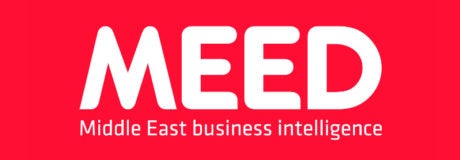
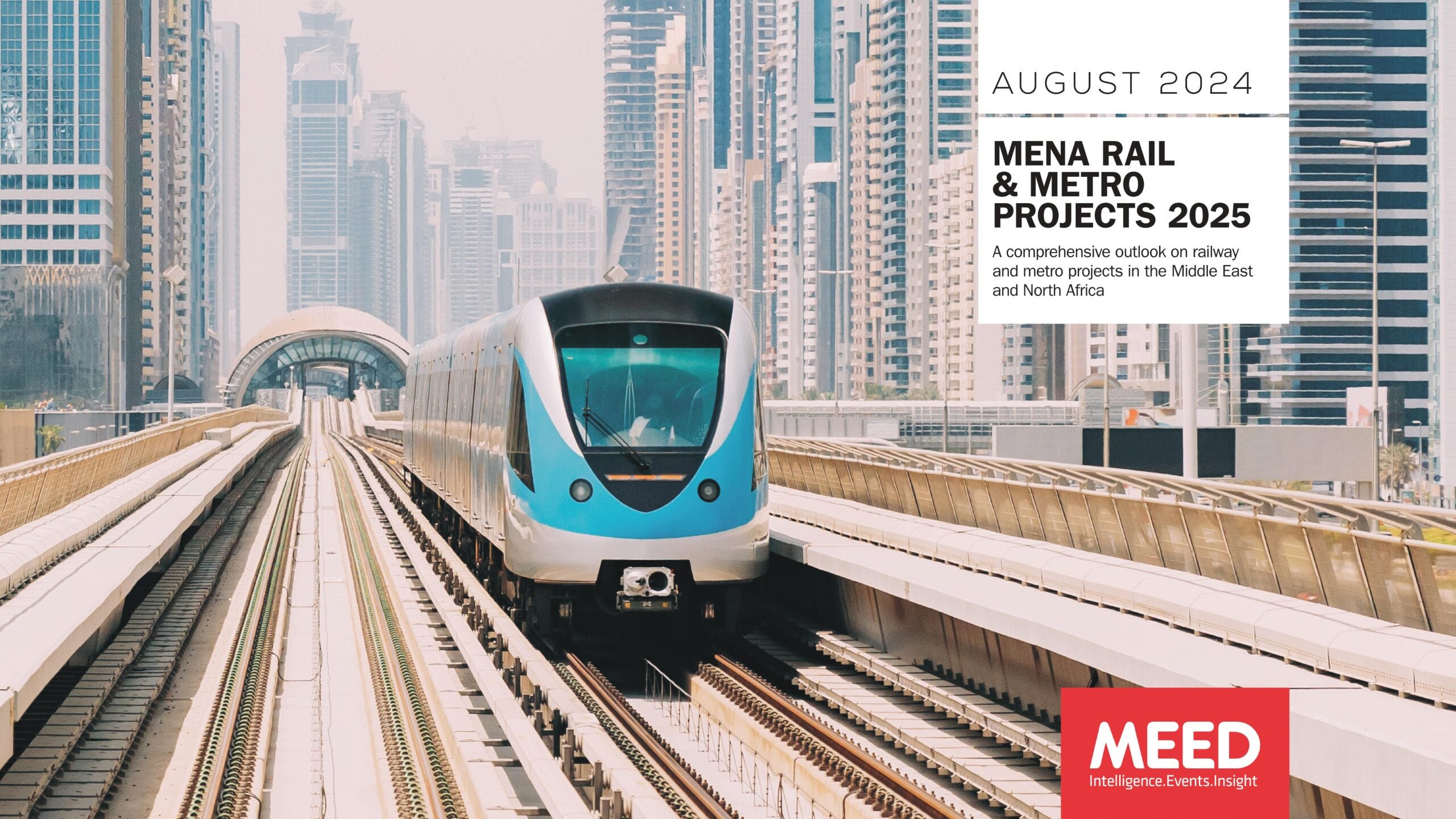
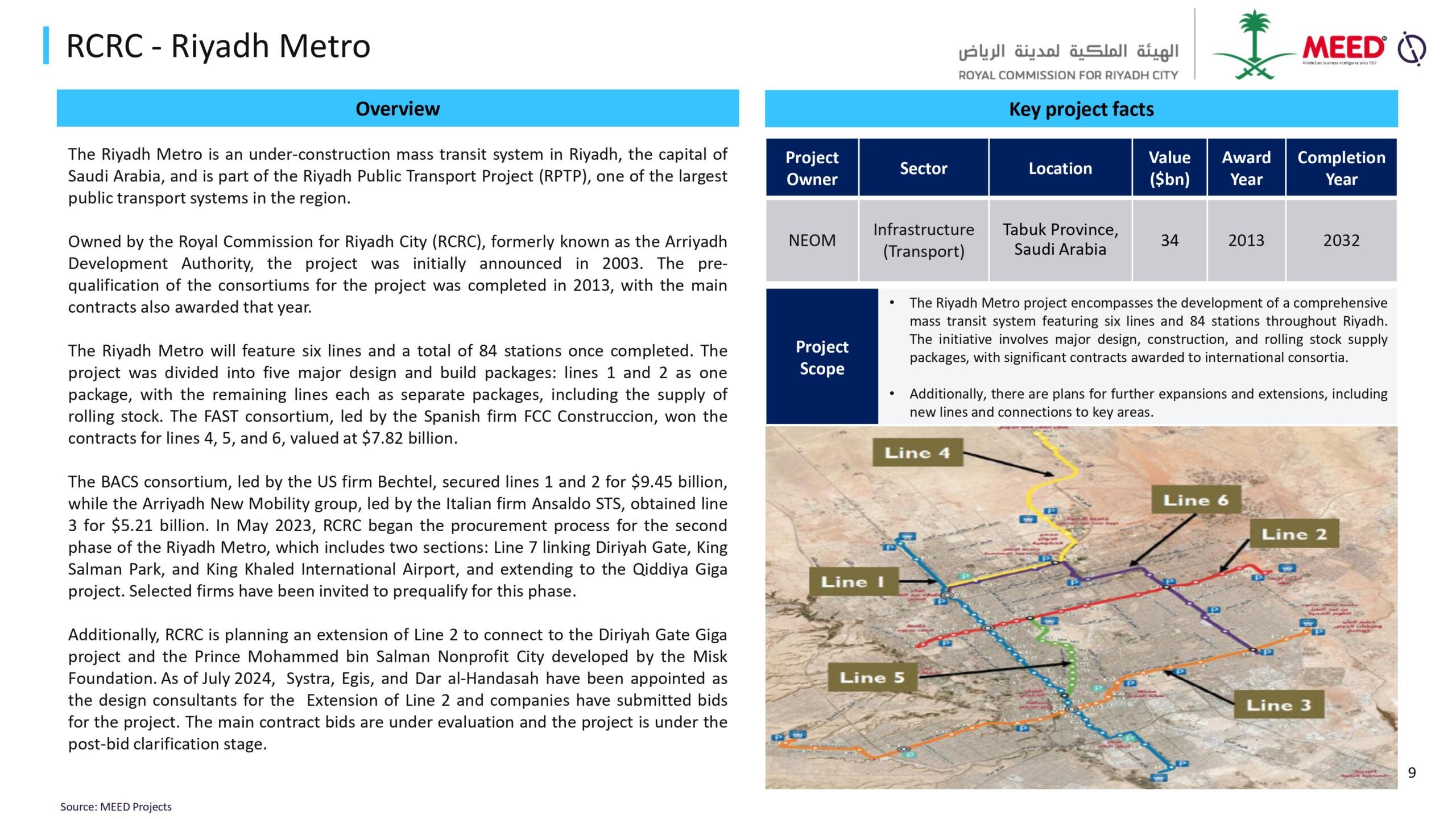
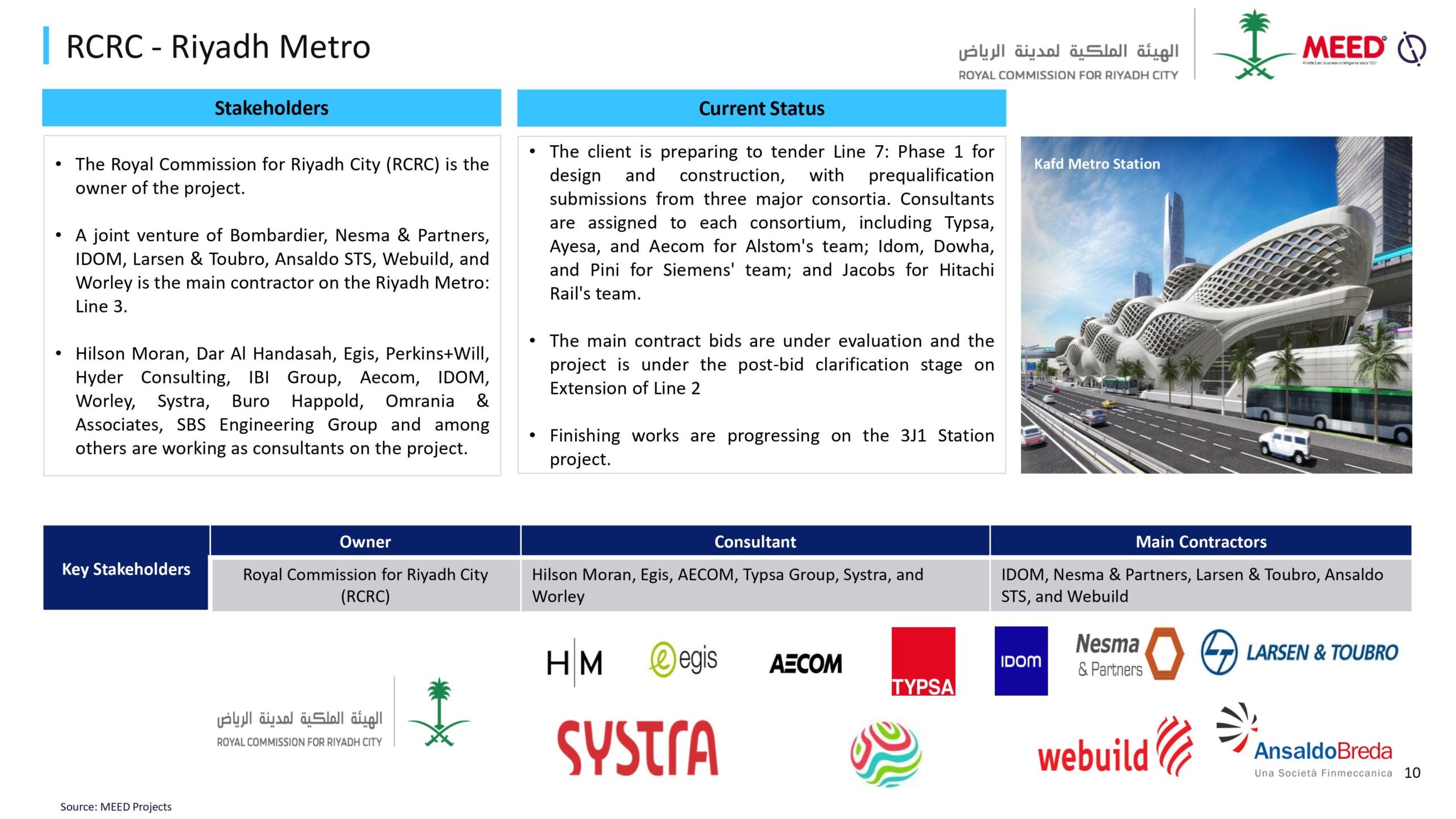
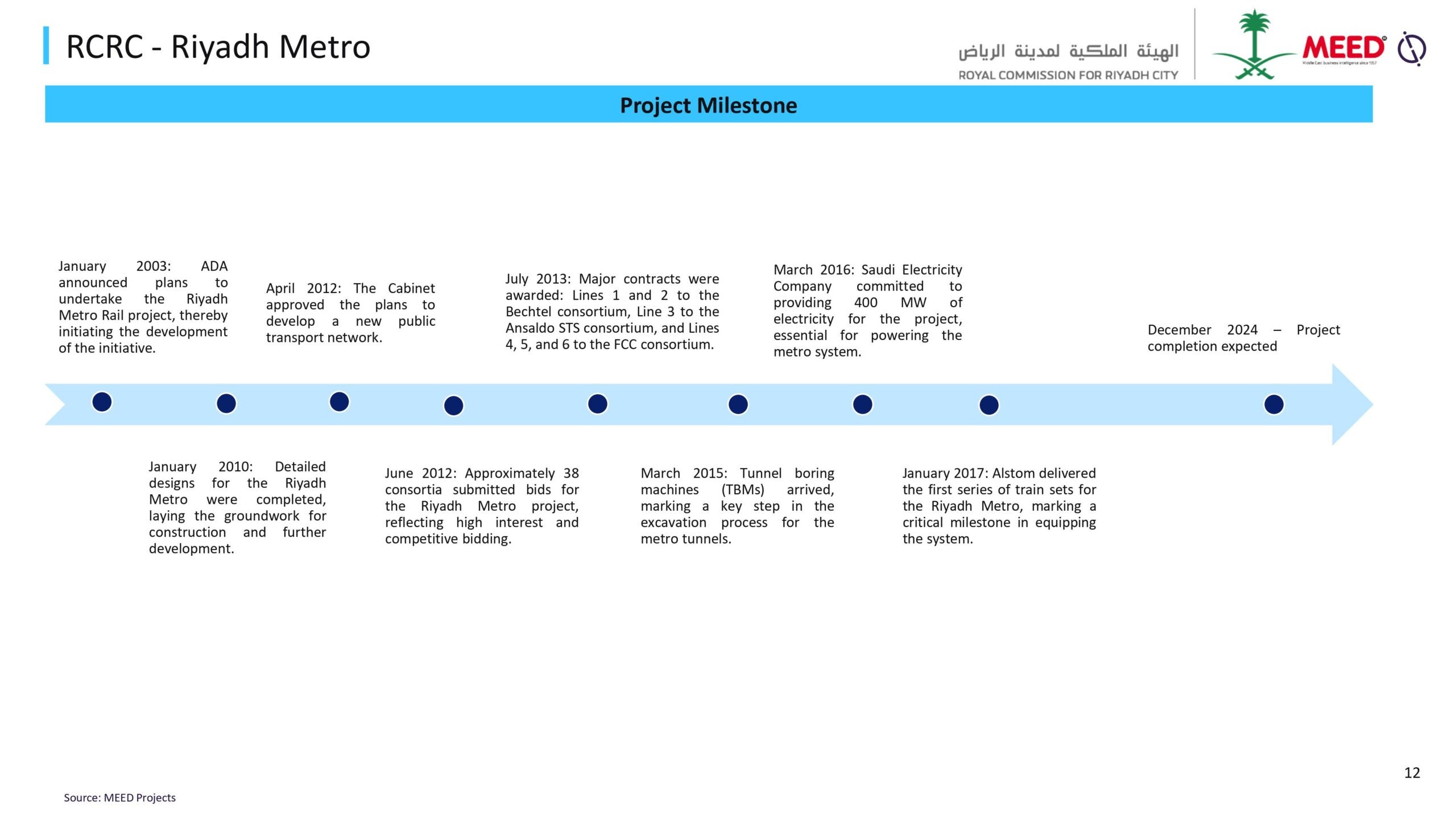
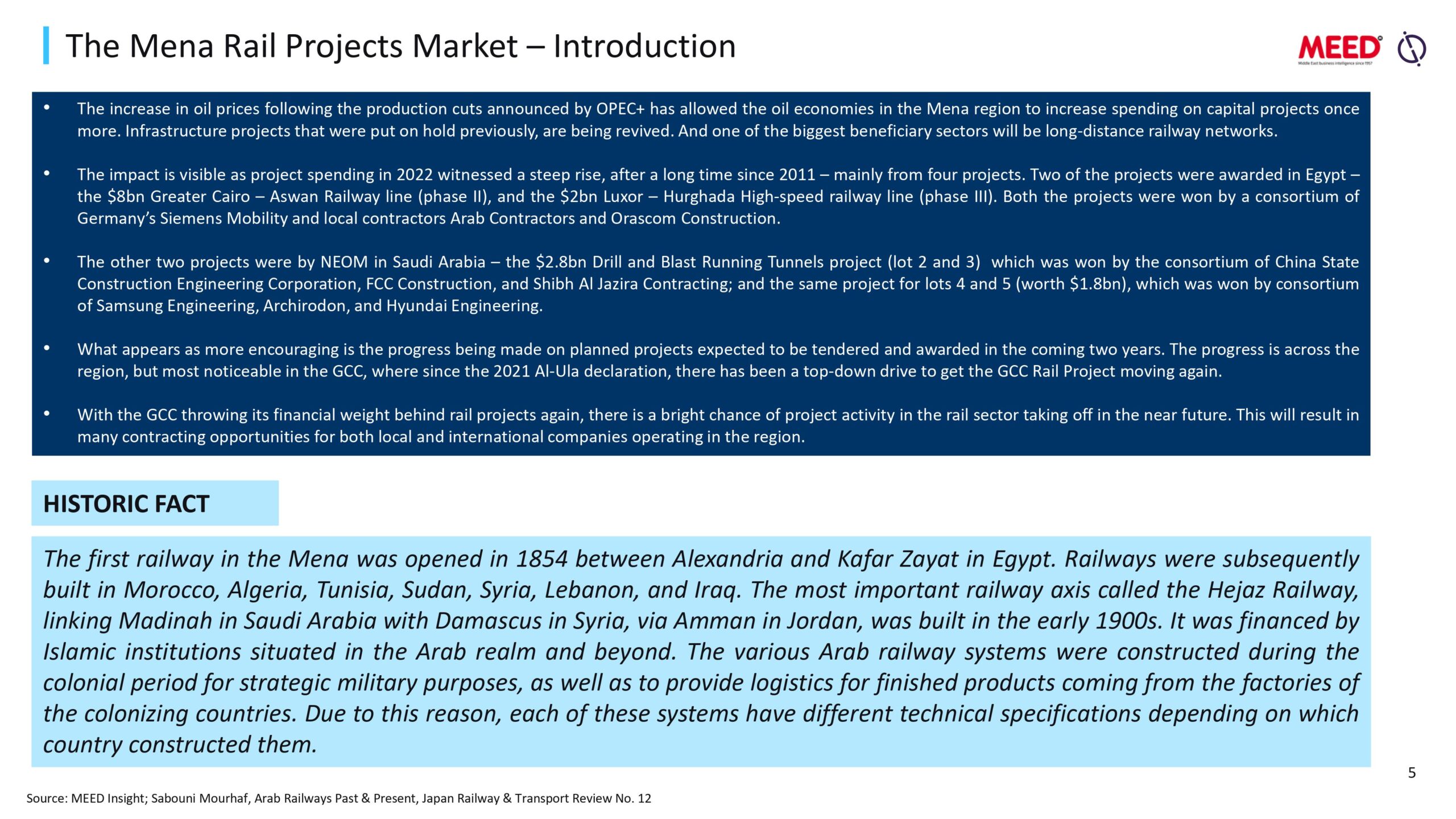
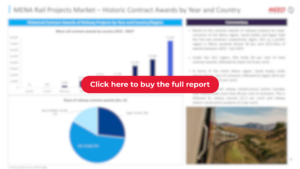
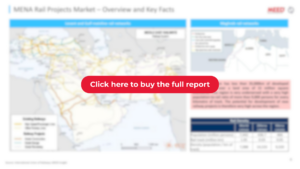
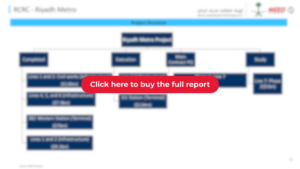
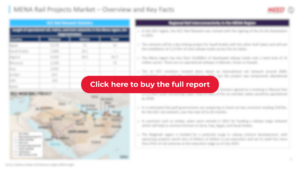

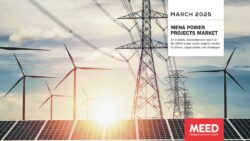
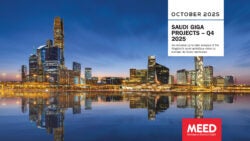

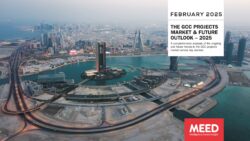

Reviews
There are no reviews yet.